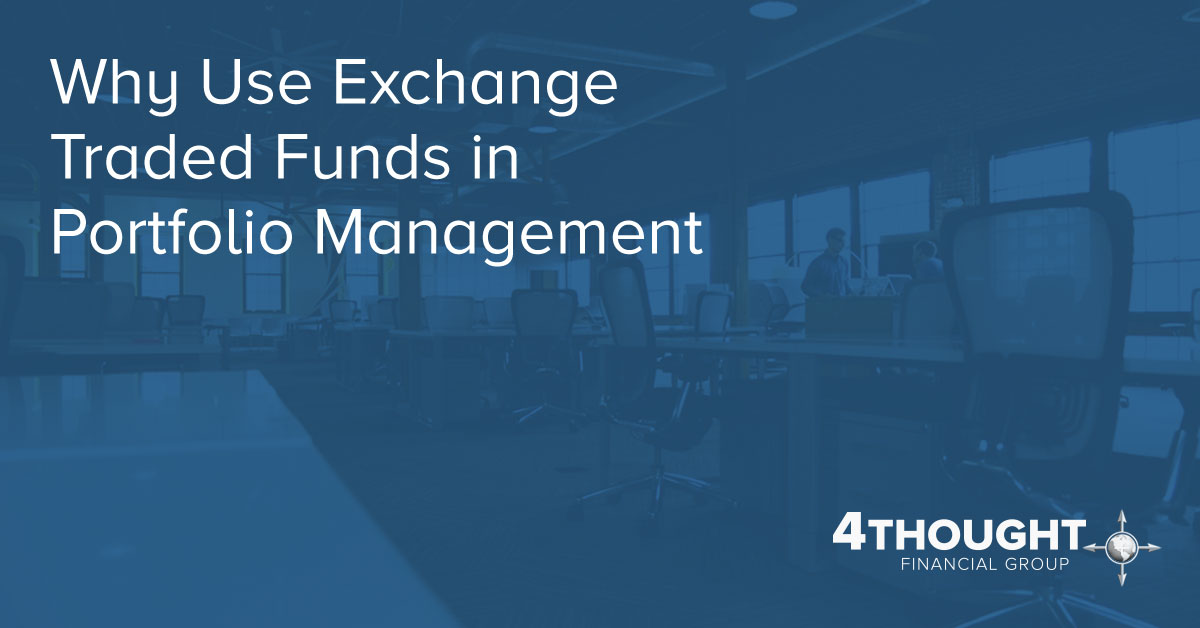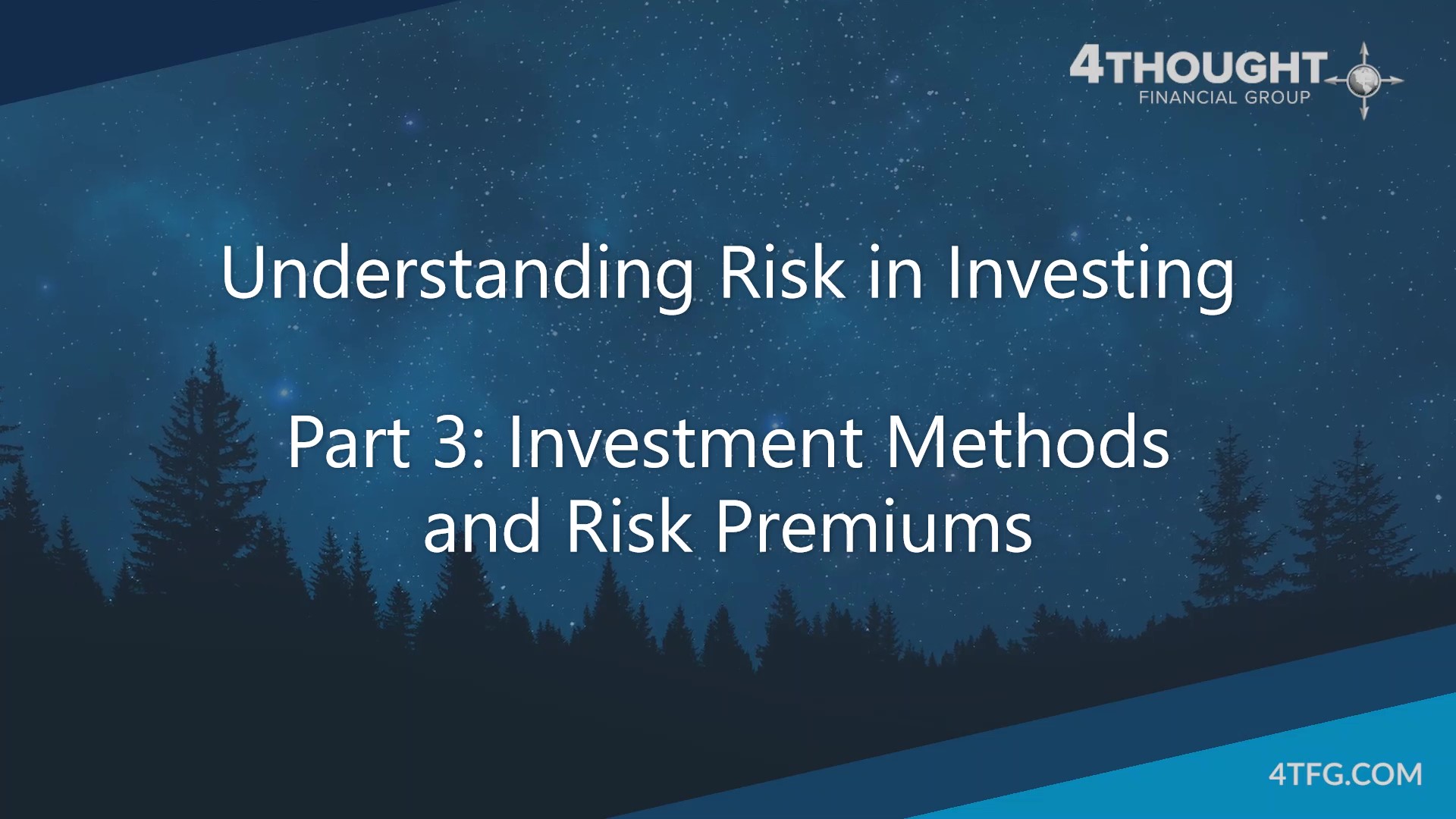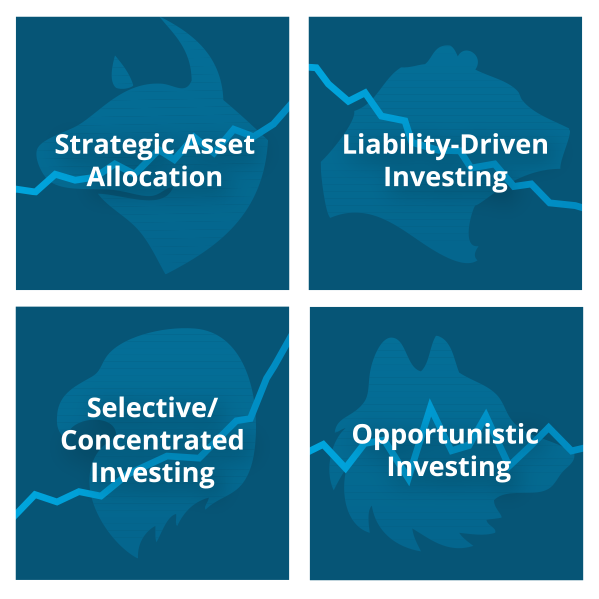
Why is this Topic Important to Wealth Managers? This blogticle represents a special series regarding advanced investing with ETFs. Recently there has been much discussion in the marketplace on the use of these tools and thus we present this topic for wealth managers who may consider these investment vehicles for their clients.
Since the advent of ETFs (Exchange Traded Funds), these investment vehicles have rapidly grown to account for a significant portion of the daily trading volume on the world’s major exchanges, and by some estimates will account for the majority of trading volume during the next decade. But despite the widespread use of ETFs in the institutional investment world, few individual investors or their wealth managers really have a firm grip on the uses or purposes of these instruments. Although there are many different flavors of ETF, generally speaking ETFs can be described as a mutual fund designed to passively track a specific securities index that can be traded like a stock on an exchange. This leads us to identify several attractive characteristics of ETFs for your clients:
Transparency of Indexes
Most ETFs (though not all) are designed to replicate the performance of a specific index, which is in turn designed to mimic the performance of a specific financial market (i.e., large cap stocks, short term corporate bonds, etc.). As a result, the client is able to achieve direct exposure to the specific area of the financial markets that is being targeted, without much question as to the “style drift” or the management methodology of the underlying portfolio. There is a great deal of transparency and clarity for the investor as to the reason and timing for transactions placed within their ETF holdings.
Lower Manager-Specific Risks
In index-tracking ETFs there is a lower degree of exposure to active manager-specific risks for the investor. Since the ETF is designed to passively follow an index regardless of the positive or negative performance of the underlying securities, there is very little exposure to the risks associated with the potential underperformance of any one active manager, which would otherwise be present with a traditional actively managed mutual fund. The average active manager has a tendency to over-perform the index in some years and under- perform the index in others, whereas the passively managed ETF is intended to do exactly what the index does, and so will not dramatically over or under-perform, by design. However, ETFs do have a form of risk known as tracking error, in which the ETF itself may not exactly replicate the benchmark index, due to a multitude of factors.
Intraday Tradability
ETFs are traded in real time on an intraday basis on an exchange, as opposed to being redeemed daily by the mutual fund company (like a traditional open-end mutual fund). As a result, investors are able to buy or sell the security with greater control over the timing and price. As with shares of stock, investors can place market orders, limit orders, stop orders, etc. This creates opportunities for active management that would not otherwise be available with a traditional mutual fund.
Targeted Exposures
ETFs allow your client to gain targeted exposures to very specific sectors or areas of the financial markets, while still maximizing numerical security diversification to the extent possible within the selected market, and without having to select individual securities (stocks, bonds, etc.). For example, a client could select an ETF that provides exposure to US Consumer Staples stocks, which might have an underlying portfolio of 40-100 stocks that provide access to an entire sector of the economy. This has implications for portfolio management both from the strategic asset allocation perspective, and for tactical asset allocation methodologies.
Low Turnover and Tax Efficiency
One commonly cited reason to consider using ETFs is for the purposes of tax efficiency relative to traditional mutual funds. Traditional actively managed mutual funds may have a high degree of underlying portfolio turnover as a result of the rapid buying and selling of securities. High volume/frequency transactions can produce tax liabilities whether the purchase/sale was ultimately beneficial for the overall portfolio or not. Because ETFs usually track an index, which often will not experience a large degree of change in the components over short periods, ETF turnover ratios are usually very low. In addition, as a result of the “Creation Unit” structure under which ETFs are issued, the holder’s exposure to taxation due to fund redemptions is reduced or eliminated. All things being equal, these features may result in less tax liability for the investor when it’s time to file the return.
Tomorrow’s blogticle will continue our special series on ETFs.







Leave a Comment